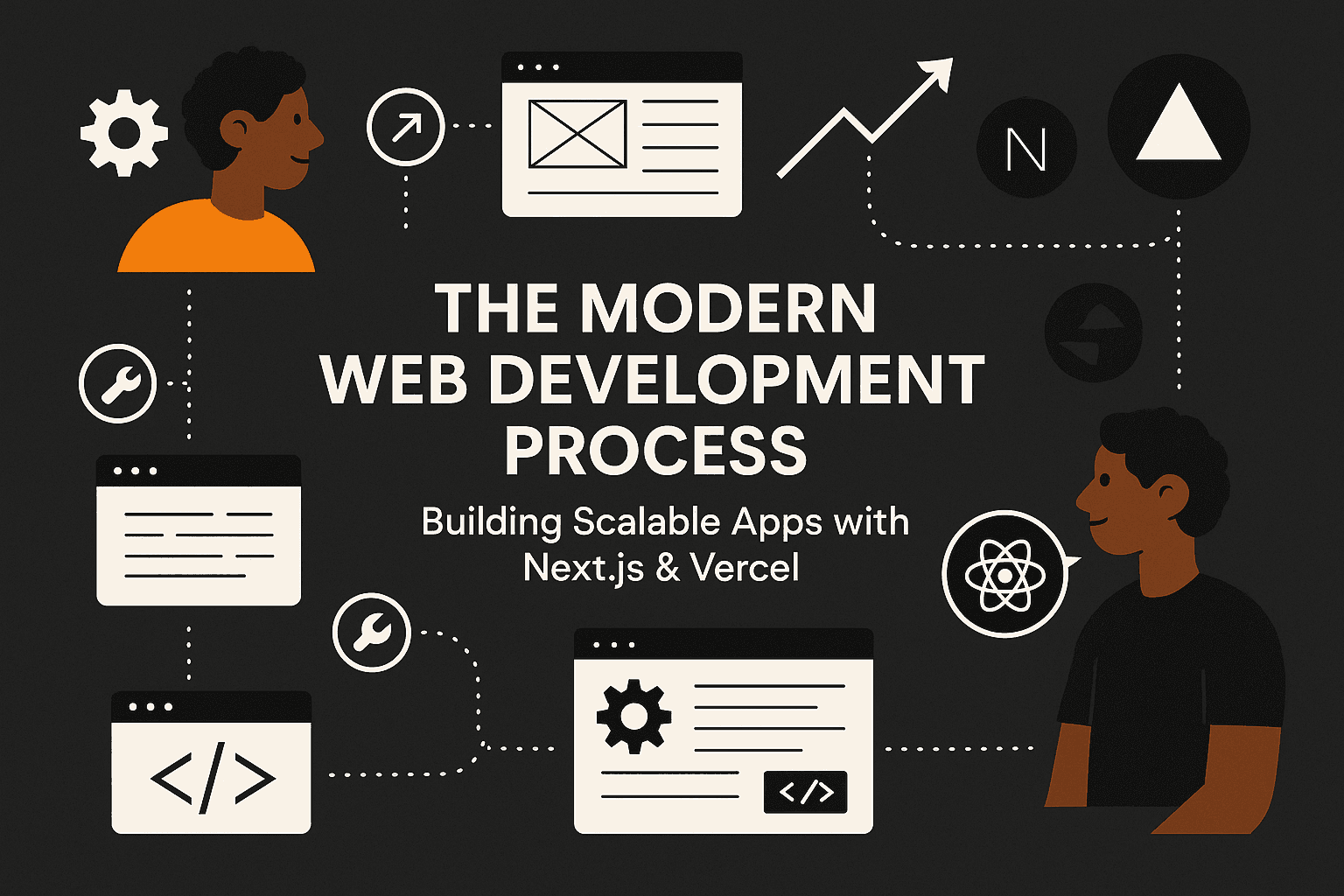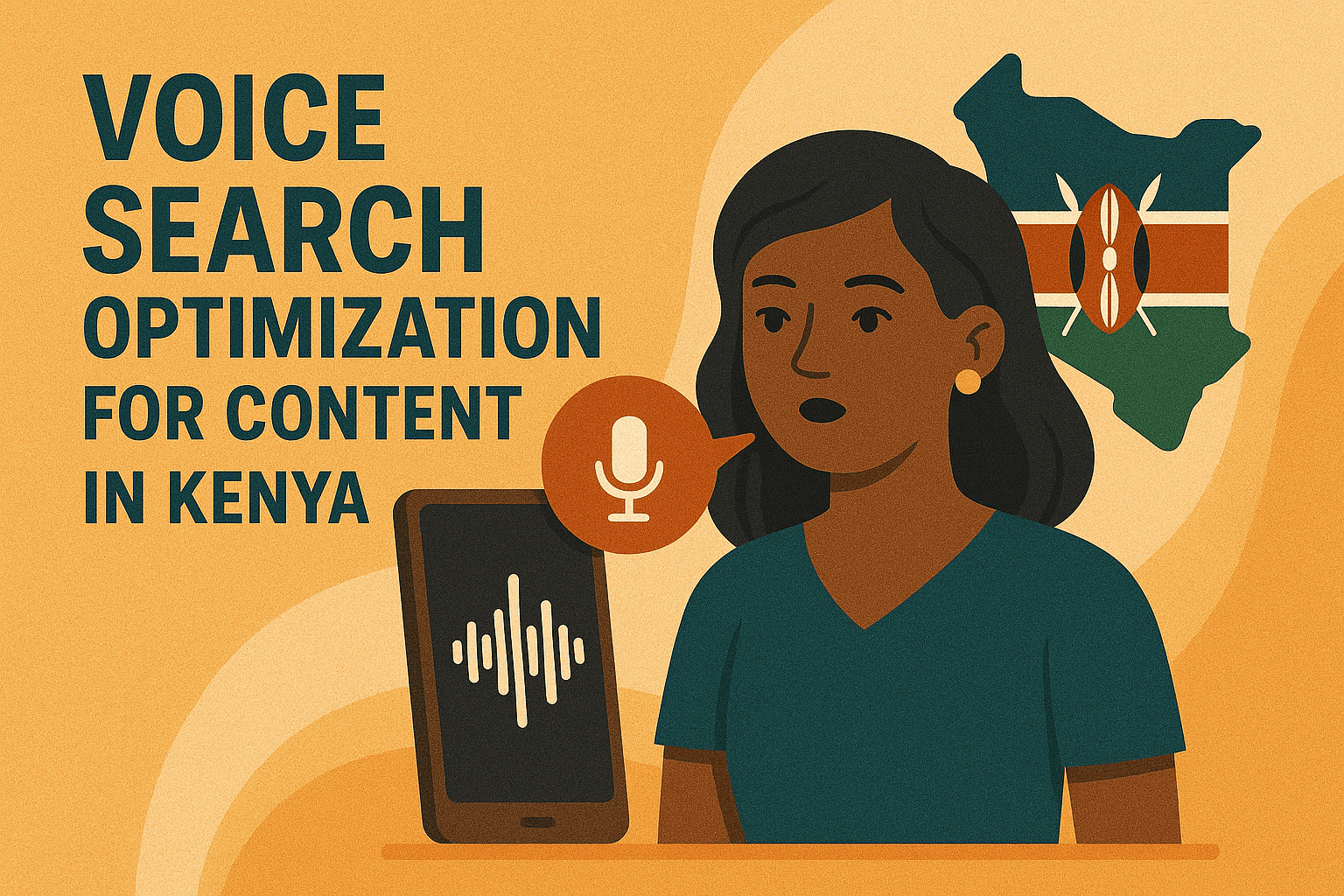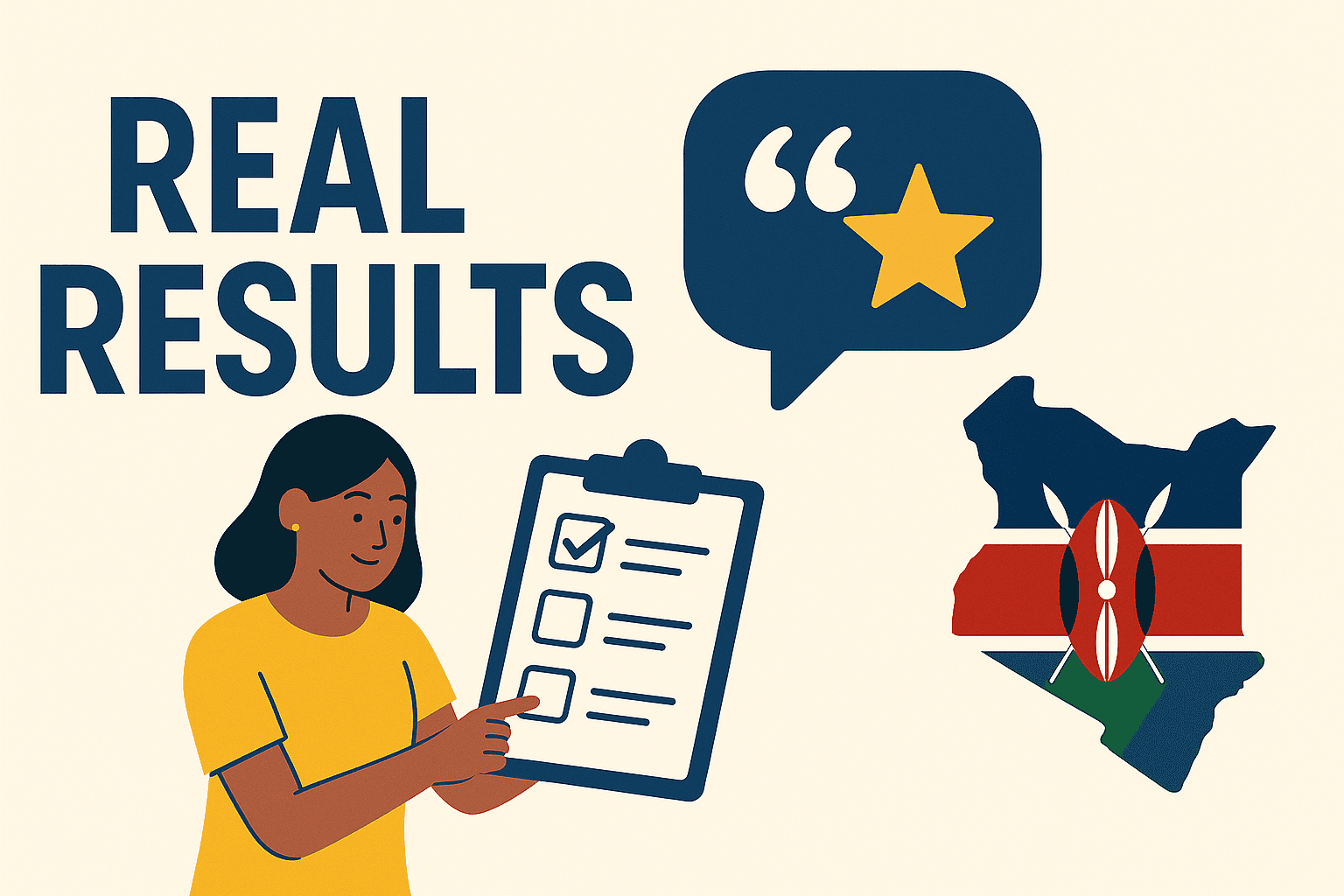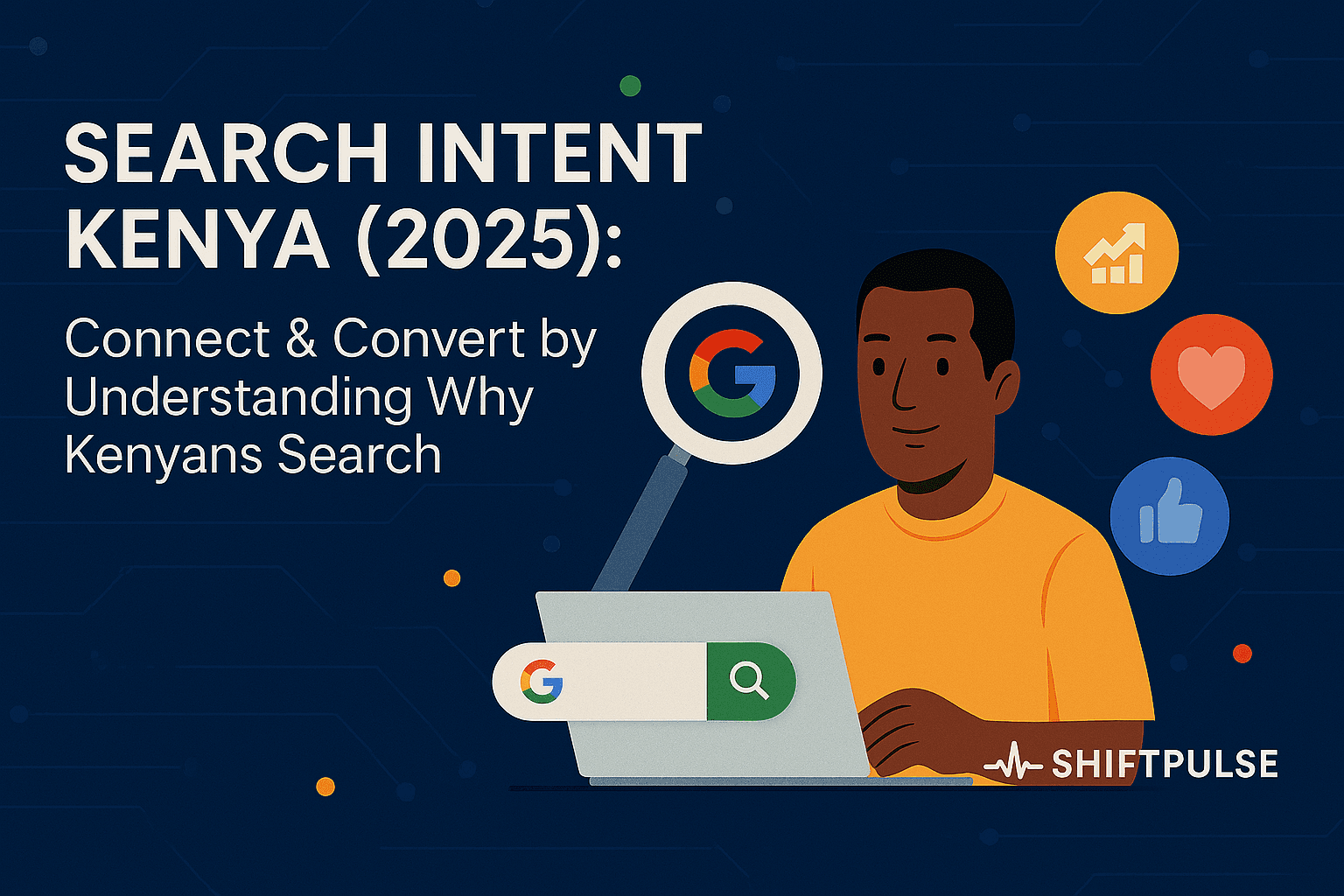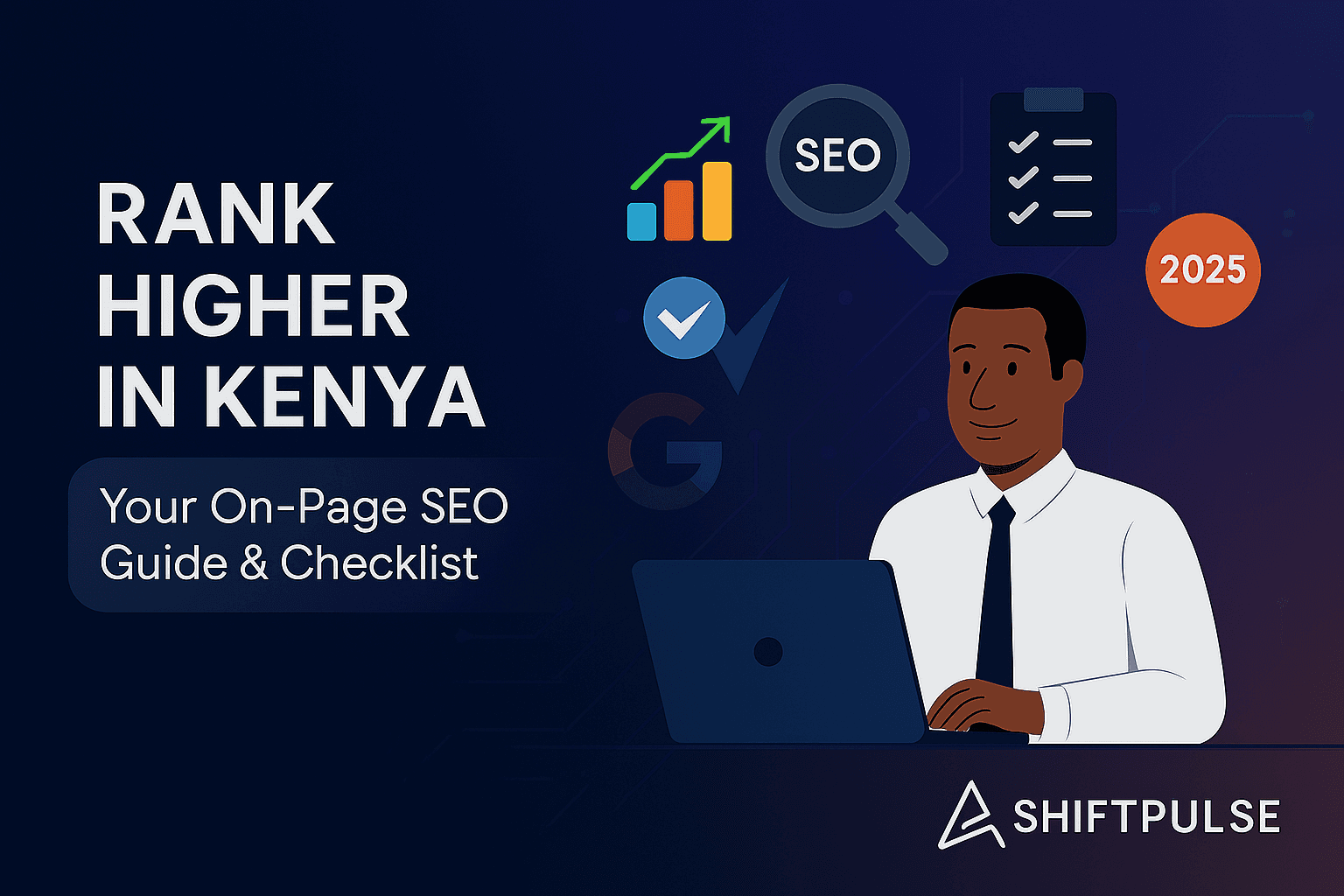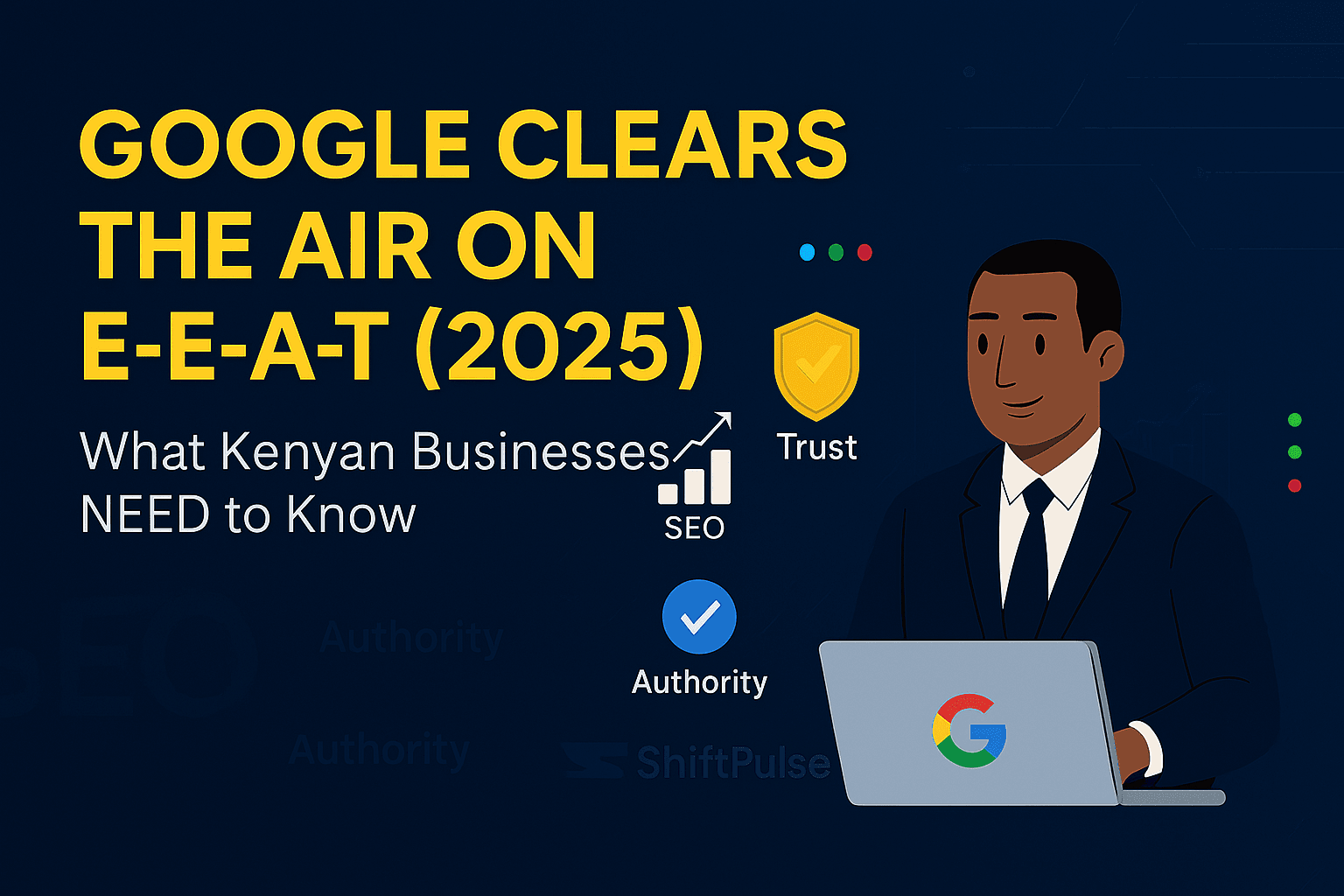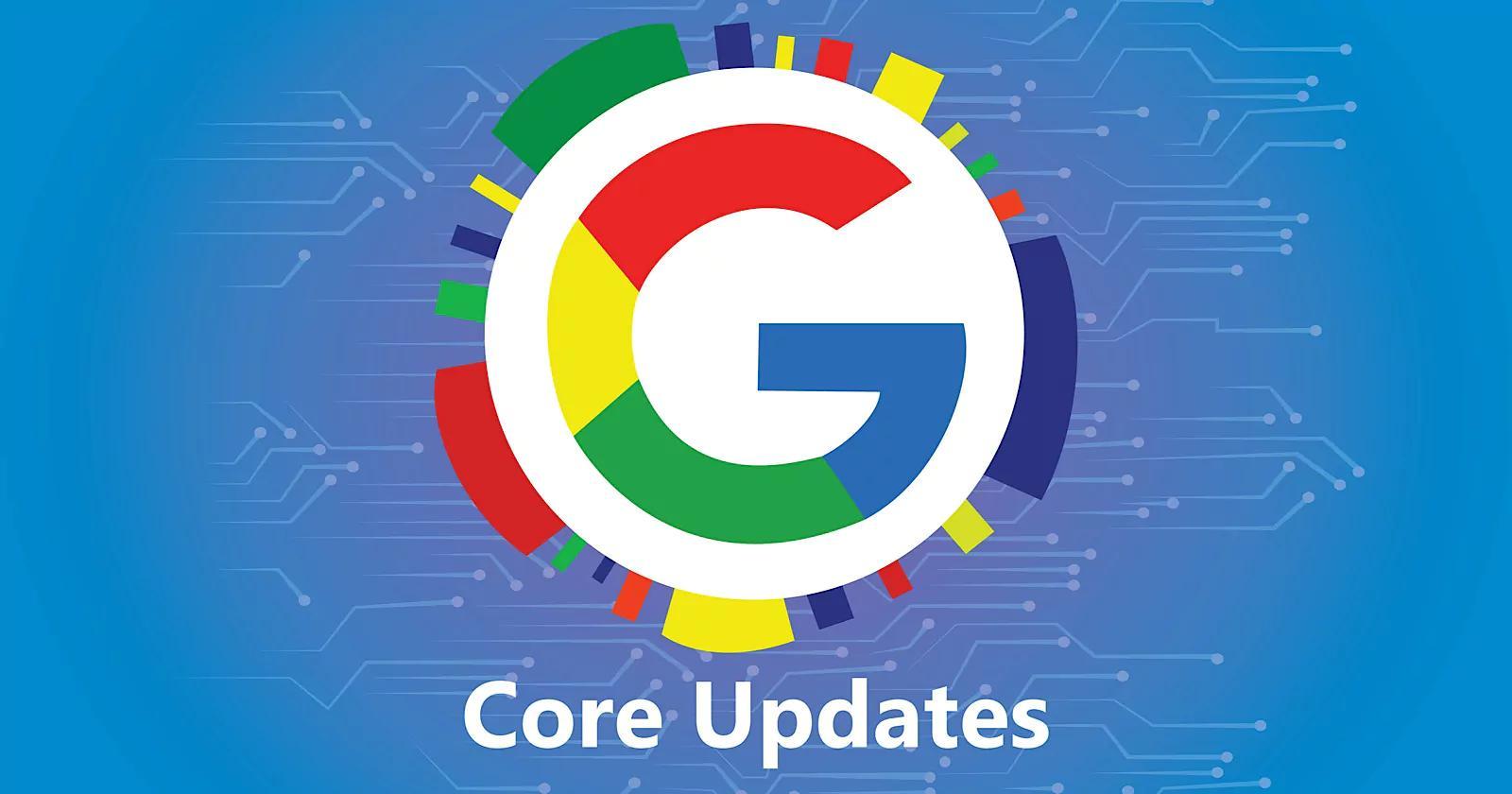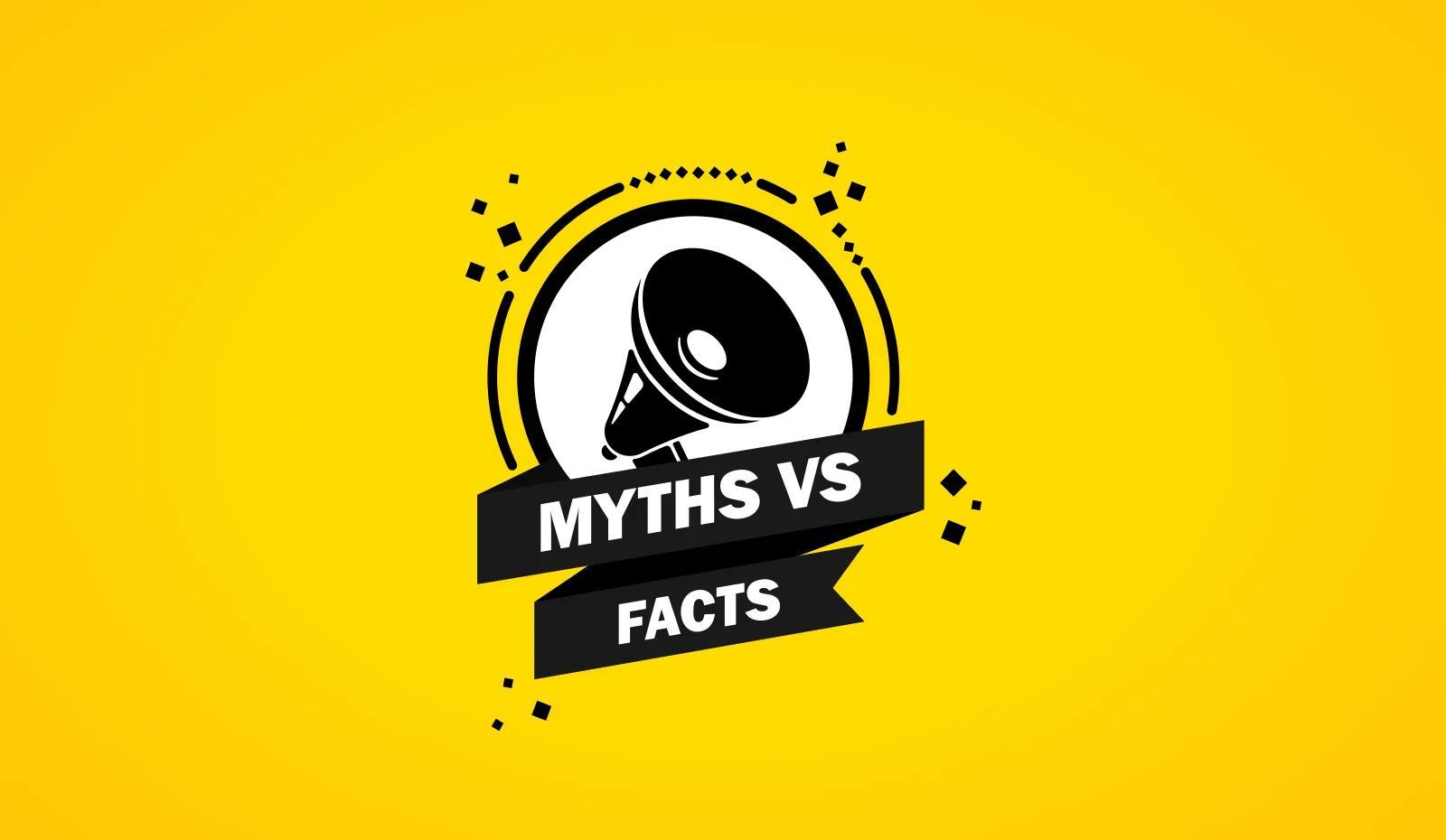
Ann Kariuki
Shiftpulse Marketers
TL;DR: SEO in 2025 is evolving with AI-driven search, zero-click results, and technical optimization. Success requires adapting to AI-powered tools, optimizing for Bing and ChatGPT Search, focusing on user intent, and leveraging multimedia content. Businesses must prioritize E-E-A-T, voice search, and local SEO to stay competitive
SEO’s Role in 2025: Adapting to a Transforming Landscape
As we head into 2025, the SEO world is undergoing significant changes driven by advancements in AI, shifts in search behavior, and evolving search algorithms. SEO is certainly not on its way out. Instead, it's becoming more nuanced, requiring adaptability, technical finesse, and a keen focus on user intent and experience. Here’s a look at the key factors that will define SEO’s relevance in 2025 and beyond.
1. The Role of AI in SEO
AI’s influence on SEO continues to deepen. With the rise of AI-powered tools like ChatGPT Search, SEO professionals now have new avenues to optimize content and improve user engagement. Unlike traditional search engines, ChatGPT Search operates as an AI chatbot with a search function, creating a unique blend of conversational search and traditional search engine elements. This setup allows users to engage in complex queries in natural language, which ChatGPT can handle more efficiently than keyword-dependent searches.
SEO practitioners should leverage AI to handle repetitive tasks like keyword research and data analysis, freeing up time to focus on creating high-quality, nuanced content. However, while AI can enhance SEO strategies, over-reliance on generic AI-generated content can backfire as Google has started prioritizing authenticity, quality, and originality to counteract the flood of mediocre AI content.
2. SEO for Bing and ChatGPT Search
Microsoft Bing has become increasingly important due to its integration with ChatGPT Search. OpenAI’s reliance on Bing’s index means that ensuring your content is indexed on Bing is crucial for visibility on ChatGPT Search. Given Bing's role, performing a Bing-specific SEO audit and using Bing Webmaster Tools should be part of every SEO's toolkit moving forward.
SEO professionals can gain a competitive edge by focusing on Bing-specific optimizations, like structured data and well-defined site hierarchies, to ensure better indexing. Since Bing also powers ChatGPT’s search capabilities, this dual visibility offers a broader reach as AI-driven search queries become more prevalent.
3. Evolving User Behavior: Focus on Zero-Click and Intent-Based SEO
In recent years, Google has increased its focus on zero-click searches, where users find answers directly in the search results without visiting an external website. With features like featured snippets, “People Also Ask,” and now AI summaries from ChatGPT, users can obtain information more quickly than ever. To adapt, SEO experts should aim to capture “position zero” by crafting content that directly answers user questions, incorporates relevant schema markup, and is optimized for featured snippets.
Optimizing for user intent—whether informational, navigational, or transactional—will be increasingly important as search engines prioritize content that aligns with the specific needs of searchers. By focusing on bottom-of-the-funnel (BOFU) content, which addresses deeper, research-oriented queries, brands can still engage users beyond quick, surface-level answers often satisfied by AI overviews.
4. Technical SEO’s Growing Importance
Technical SEO will become more critical in 2025 as search engines prioritize seamless, user-friendly website experiences. This includes maintaining Core Web Vitals, optimizing for mobile-first indexing, and ensuring fast page load speeds. Search engines like Google and Bing place significant emphasis on technical elements that facilitate crawling and indexing, such as structured data and clean code.
SEO professionals should regularly audit their websites, focusing on technical health metrics like site architecture, mobile responsiveness, and accessibility. Additionally, technical SEO practices such as proper robots.txt configurations and XML sitemaps will ensure that new search platforms like ChatGPT Search can access and index content accurately.
5. Voice and Local Search Optimization
Voice search and local SEO are rapidly growing fields due to the increasing use of voice-activated devices and the demand for hyper-local results. Voice searches tend to be longer and conversational, making long-tail keywords and question-based optimization more essential. With voice queries often used for local searches, businesses must ensure their Google Business Profile and Bing Places listings are accurate, complete, and optimized for local queries.
Additionally, optimizing for voice search involves structuring content to be easily readable and conversational, addressing common user questions directly, and providing concise answers that align with spoken language.
6. Adapting to New SERP Realities with Multimedia and Cross-Platform Content
As search evolves, Google and Bing are placing greater emphasis on multimedia content, such as video and images, in search results. YouTube SEO, for instance, is becoming increasingly important as video snippets frequently appear at the top of SERPs for high-traffic keywords. For brands and businesses, producing multimedia content can be an effective way to capture additional SERP real estate.
This shift also means that SEO strategies need to adapt to new SERP formats that may include AI-generated overviews, carousels, and rich media snippets. Brands that can diversify their content formats—such as by investing in videos, infographics, and voice-optimized FAQs—will be better positioned to maintain visibility across diverse search results.
7. Content Quality and E-E-A-T (Experience, Expertise, Authoritativeness, Trustworthiness)
Content quality will remain at the heart of successful SEO strategies in 2025. Google’s continued emphasis on E-E-A-T, which now includes “Experience,” signals a commitment to ranking content that provides valuable, trustworthy information. SEO professionals must therefore focus on building content that is not only accurate but also written by credible authors with a proven track record in the subject area.
Maintaining high content standards also means continuously updating and refreshing information to ensure accuracy, particularly for industries where data changes rapidly. This approach aligns well with ChatGPT Search’s emphasis on grounded, factual answers and reduces the risk of content being disregarded due to outdated information.
In Summary: SEO is Here to Stay, but It’s Evolving
As we approach 2025, SEO’s relevance is not diminishing—it’s expanding into more sophisticated and user-focused territories. By adapting to AI advancements, embracing Bing’s growing role, focusing on user intent, and maintaining high standards for content and technical performance, SEO professionals can position their strategies for success in an increasingly competitive and complex digital landscape.
SEO remains an indispensable tool, but achieving success requires a proactive, multi-faceted approach that embraces both traditional best practices and innovative strategies to meet the demands of the modern search ecosystem.
